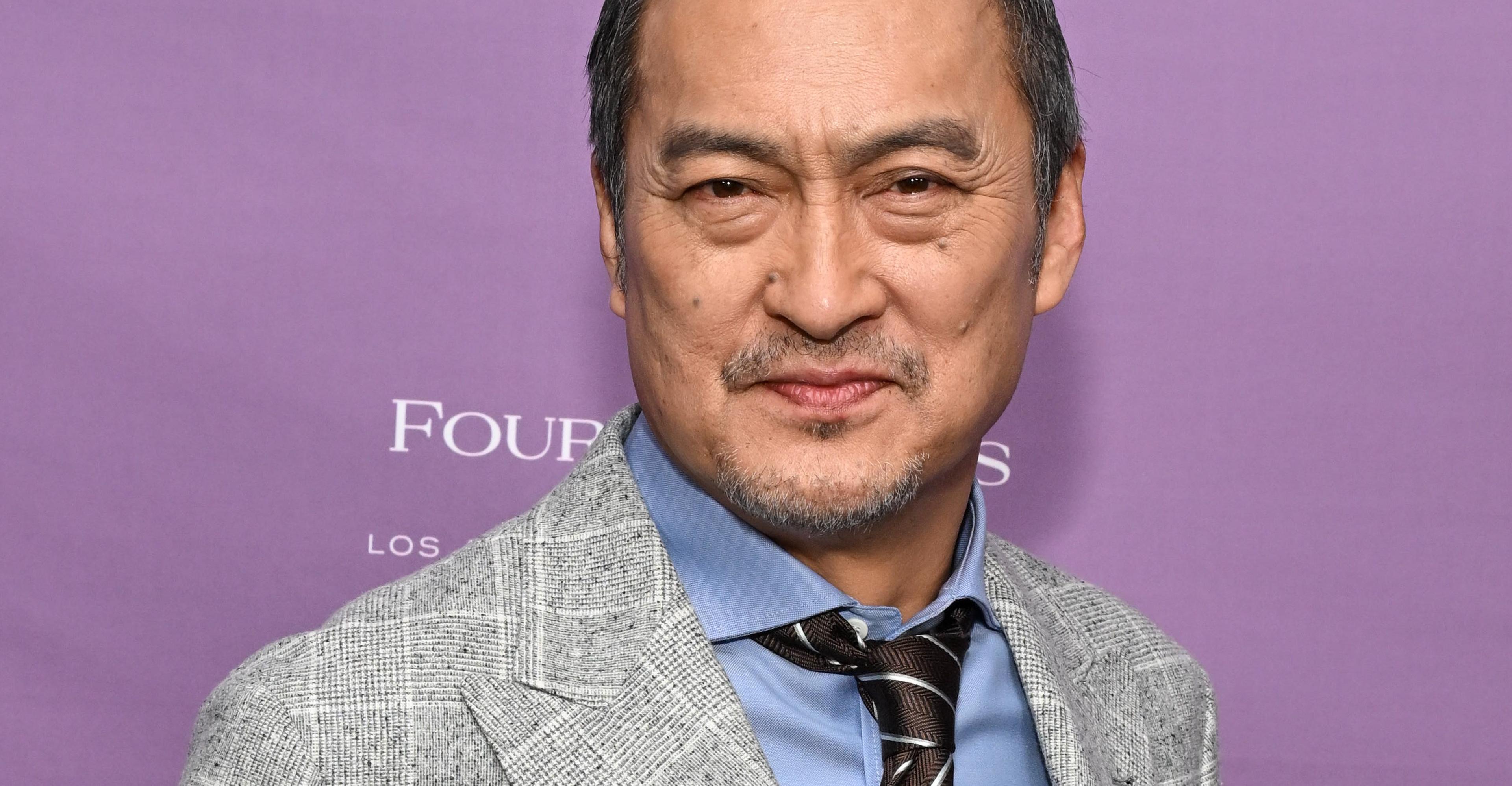Justice Yahya calls for full court formation to address military trials of civilians
The top court judge highlights the significance of public trust in maintaining a credible justice system.


Islamabad: Justice Yahya Afridi, a member of the Supreme Court six-member bench hearing the pleas challenging trial of the civilians in the military courts, asked Chief Justice of Pakistan Umar Ata Bandial to reconsider reconstitution of the bench and referred the case to the full court.
Justice Yahya made these remarks in additional note following the hearing held on Friday.
The bench, originally consisting of nine judges, including Justices Qazi Faez Isa, Sardar Tariq Masood, and Mansoor Ali Shah, now comprises Chief Justice Umar Ata Bandial, Justice Ijazul Ahsan, Justice Muneeb Akhtar, Justice Yahya Afridi, Justice Sayyed Mazahar Ali Akbar Naqvi, and Justice Ayesha Malik. The three aforementioned judges had previously withdrawn from the bench, resulting in the reduction of its size.
During the initial hearing on June 22, Justice Isa voiced his reservations about the bench, stating that he did not consider it a legitimate bench until the case concerning the Supreme Court (Practice and Procedure) Bill 2023, which restricts the chief justice's suo motu powers, was decided.
Justice Isa read a statement during the hearing, expressing regret that constitutional institutions like the Supreme Court should not be subjected to the whims of an individual and turned into a "one-man show."
Justice Masood supported Justice Isa's stance, and both judges left the courtroom. Justice Shah had previously withdrawn from the bench due to objections raised by the government, claiming his relation to former Chief Justice Khawaja.
In his additional note, Justice Afridi highlighted the significance of public trust in maintaining a credible justice system. He acknowledged the politically charged atmosphere as the current government's term comes to an end and fresh elections approach, leading to concerns and objections about the composition of the present bench. Justice Afridi emphasized that objections from within the bench should not be disregarded, as they undermine public trust in the justice system.
While Justice Afridi clarified that he neither endorsed nor agreed with Justice Isa's reasons, he deemed it appropriate to take measures to preserve harmony within the court, uphold the integrity of the institution, and maintain public trust. As a first step, he proposed the constitution of a full court to hear the petitions, as rendering judgments without such action may diminish the required deference and respect for the decision.
Additionally, Justice Afridi revealed that the Attorney General for Pakistan, Mansoor Usman Awan, informed the court that 102 civilians were in military custody across the country. However, this figure excluded women, children, advocates, and journalists.
The judge also provided figures for civilians in civilian custody, with four in Khyber Pakhtunkhwa, 616 in Punjab, and 172 in Sindh. No figures were provided for Balochistan. In Punjab, 81 women were taken into civilian custody, of which 42 have been released or are on bail, while the remaining 39 remain in military custody, according to Justice Afridi's note.
UN chief decries global rise of ‘rule of force’
- 21 hours ago
Three Federal Constabulary personnel martyred in terrorist attack in KP’s Karak
- a day ago
Imran Khan’s sister Noreen Niazi injured after falling into under-construction sewer line
- 23 minutes ago

Ken Watanabe didn’t think a kabuki movie would work
- 11 hours ago

Nintendo’s next big Pokémon presentation is on February 27th
- 11 hours ago
Met office forecasts dry weather in most parts of country
- an hour ago
Six cops including DSP martyred in Kohat attack
- an hour ago
Security forces kill four terrorists in DI Khan IBO: ISPR
- an hour ago
Senate passes resolution rejecting Israeli statement, reaffirms support for Palestine
- 2 hours ago
Iran says any US attack including limited strikes would be ‘act of aggression’
- a day ago
The Pixel 10A and Soundcore Space One are just two of the best deals this week
- 2 hours ago

Gold prices continue to surge in Pakistan, global markets
- 41 minutes ago






